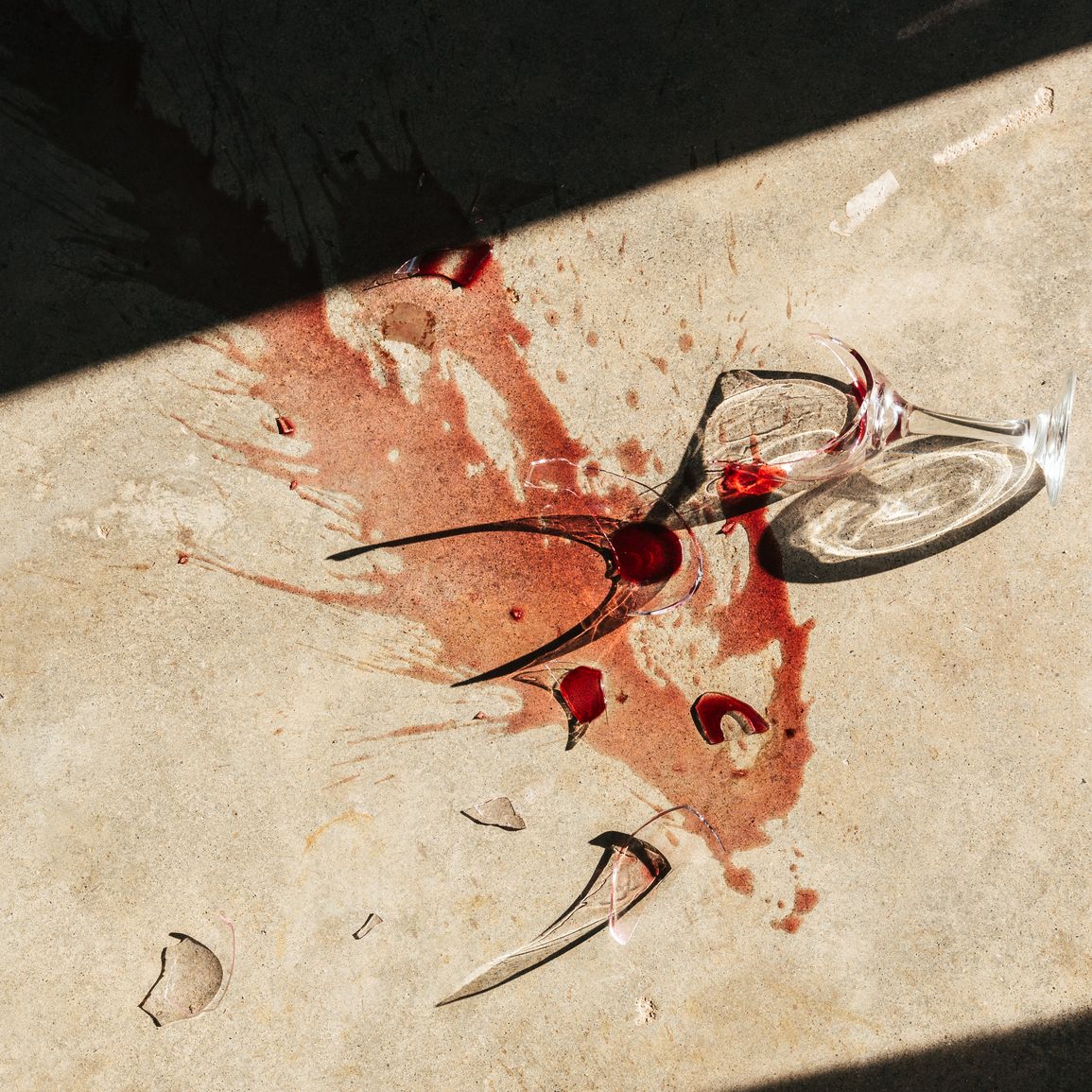How Long After a Miscarriage Can I Start Trying Again?
After a miscarriage, you may feel the age to start trying to conceive again right away. But there are a couple of things you should wait to happen naturally before you do so.


A miscarriage can be a difficult process physically and emotionally. In fact, in an original survey Marie Claire conducted in partnership with SurveyMonkey, women who had been through at least one miscarriage were asked what the hardest part of the experience was: the emotional toll or the physical; 10 times as many women said emotional. Once you feel ready to try again, here's how you know your body is ready, too.
You can begin trying to conceive again—either naturally or with a new IVF cycle—following the first normal menses (a.k.a. period) after the miscarriage, says Aaron K. Styer, M.D., reproductive endocrinologist and co-medical director of CCRM Boston, though some doctors may recommend two menses or more. (Check with yours to be sure.) Unfortunately, the onset of the first period after a miscarriage can be variable and unpredictable, happening anywhere from four to eight weeks after the miscarriage is completed. In the first trimester, a miscarriage typically takes several days to complete and for all fetal tissue to be expelled from the body. It may take up to two weeks for the cervix to close again after a miscarriage; having sex while your cervix is still dilated can cause an infection, which is why doctors recommend waiting to be intimate.
If you’ve had a miscarriage, Dr. Styer suggests asking your fertility doctor or ob-gyn the following questions:
- Do we know what caused my miscarriage?
- What is my risk for miscarriage in a future pregnancy?
- Do my partner or I need to do any additional testing to determine if there is a cause for my miscarriage?
- Are there any fertility treatments, such as preimplantation genetic screening or diagnosis, that may reduce my risk of a future miscarriage?
Dr. Styer also notes that the majority—more than 61 percent, according to one study—of miscarriages occur when the embryo has an abnormal number of chromosomes. In patients undergoing IVF, a form of preimplantation genetic testing for aneuploidy (PGT-A or PGS) called comprehensive chromosomal screening (CCS) can reduce the risk of miscarriages by looking at all pairs of chromosomes for any abnormal pairings. In this treatment, a small number of cells are taken from the outside of an embryo and tested to determine if it has the correct number of chromosomes before being transferred into the uterus.
Since miscarriage is so common—happening in anywhere from 10–20 percent of all pregnancies—one miscarriage alone doesn’t immediately indicate a fertility issue. In fact, only 1 to 2 percent of women will have two or more miscarriages. If you have two miscarriages in your attempt to get pregnant, go ahead and schedule an appointment with a fertility specialist to see if there might be a diagnosable reason—and treatment.
Still have questions about getting pregnant? Check out our fertility FAQ here.
Editors’ note: We use the terms “woman” and “female” in this article to refer to people with internal reproductive organs; however we understand that not everyone with internal reproductive organs identifies as a woman or a female. We use the terms “man” and “male” to refer to people with external reproductive organs; however we understand that not everyone with external reproductive organs identifies as a man or a male.
Stay In The Know
Get exclusive access to fashion and beauty trends, hot-off-the-press celebrity news, and more.
Jennifer Gerson is a Maggie Award-winning journalist whose reporting on reproductive rights, women's health, and sexual violence regularly appears in Cosmopolitan, as well as The Guardian, Yahoo, Allure, Teen Vogue, Mic and other national publications.
-
 Princess Anne's Unexpected Suggestion About Mike Tindall's Nose
Princess Anne's Unexpected Suggestion About Mike Tindall's Nose"Princess Anne asked me if I'd have the surgery."
By Amy Mackelden Published
-
 Queen Elizabeth's "Disapproving" Royal Wedding Comment
Queen Elizabeth's "Disapproving" Royal Wedding CommentShe reportedly had lots of nice things to say, too.
By Amy Mackelden Published
-
 Palace Employees "Tried" to Get King Charles to "Slow Down"
Palace Employees "Tried" to Get King Charles to "Slow Down""Now he wants to do more and more and more. That's the problem."
By Amy Mackelden Published
-
 Senator Klobuchar: "Early Detection Saves Lives. It Saved Mine"
Senator Klobuchar: "Early Detection Saves Lives. It Saved Mine"Senator and breast cancer survivor Amy Klobuchar is encouraging women not to put off preventative care any longer.
By Senator Amy Klobuchar Published
-
 I'm an Egg Donor. Why Was It So Difficult for Me to Tell People That?
I'm an Egg Donor. Why Was It So Difficult for Me to Tell People That?Much like abortion, surrogacy, and IVF, becoming an egg donor was a reproductive choice that felt unfit for society’s standards of womanhood.
By Lauryn Chamberlain Published
-
 The 20 Best Probiotics to Keep Your Gut in Check
The 20 Best Probiotics to Keep Your Gut in CheckGut health = wealth.
By Julia Marzovilla Published
-
 Simone Biles Is Out of the Team Final at the Tokyo Olympics
Simone Biles Is Out of the Team Final at the Tokyo OlympicsShe withdrew from the event due to a medical issue, according to USA Gymnastics.
By Rachel Epstein Published
-
 The Truth About Thigh Gaps
The Truth About Thigh GapsWe're going to need you to stop right there.
By Kenny Thapoung Published
-
 The High Price of Living With Chronic Pain
The High Price of Living With Chronic PainThree women open up about how their conditions impact their bodies—and their wallets.
By Alice Oglethorpe Published
-
 I Used to Imagine Murdering the Men I Dated
I Used to Imagine Murdering the Men I DatedFalling in love helped me finally figure out why.
By Jessica Amento Published
-
 60 Workout Apps for Women Who Want Results (Without a Gym Membership)
60 Workout Apps for Women Who Want Results (Without a Gym Membership)Buying Guide Easy fitness plans you can follow without fear of judgment.
By Bianca Rodriguez Published